The Taliban Has Ordered Women In Afghanistan To Cover Themselves Up From Head-To-Toe When In Public
The Taliban has ordered all women in Afghanistan to wear burqas covering themselves from head-to-toe when going out in public.
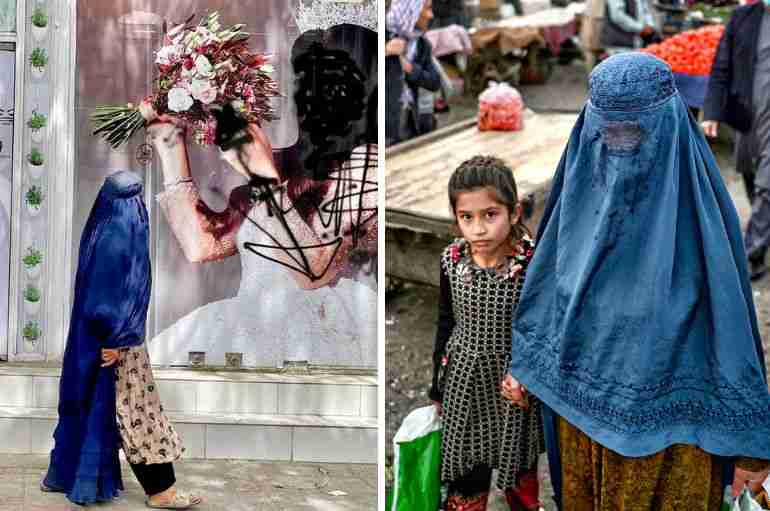
The Taliban has ordered all women in Afghanistan to wear burqas covering themselves from head-to-toe when going out in public.
The Taliban had previously mandated women wear burqas during its rule from 1996 to 2001, when it enforced a strict interpretation of Sharia, or Islamic law.
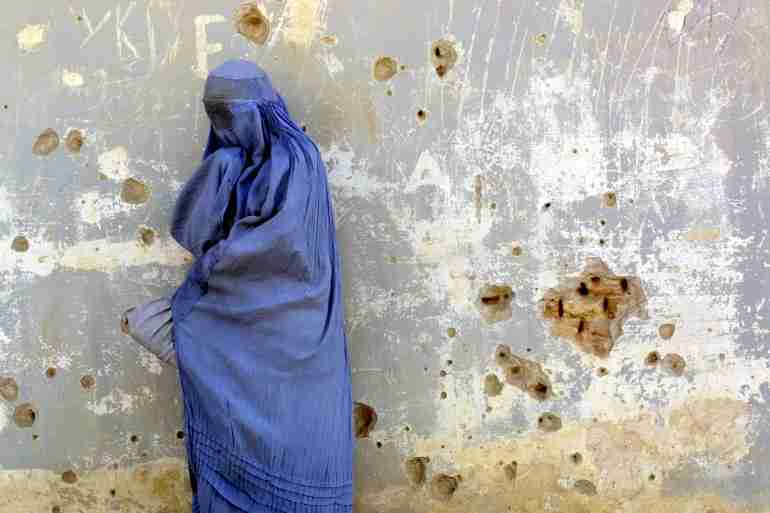
During this time, girls were banned from going to school and workplaces and required to be accompanied by a male relative and wear a burqa at all times in public. Women who disobeyed were whipped or executed.
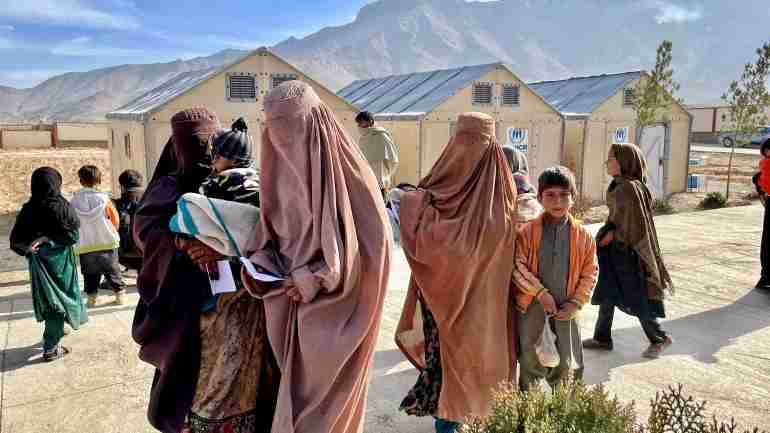
Cultural activities and media, such as art, movies and music, were also prohibited.
The latest burqa announcement is an escalation of growing restrictions on women in the country since the Taliban seized power last August.
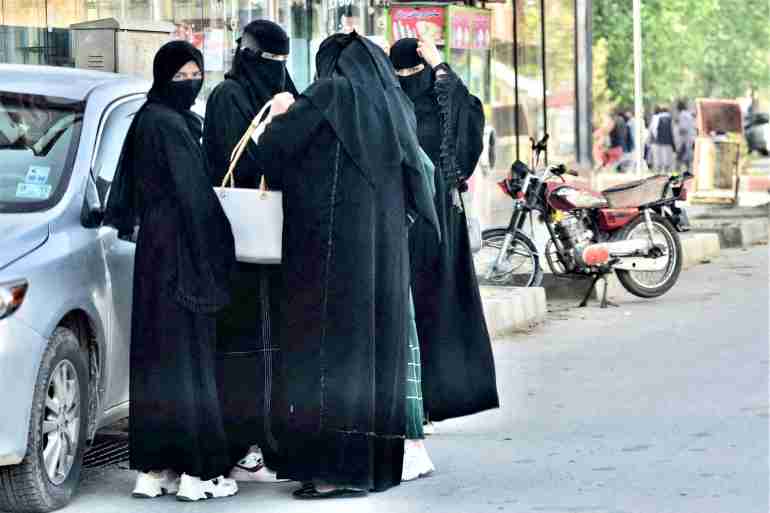
The announcement was made on Saturday May 7 by the Taliban’s acting minister for the Promotion of Virtue and Prevention of Vice, who said the Taliban wanted “our sisters to live with dignity and safety.”
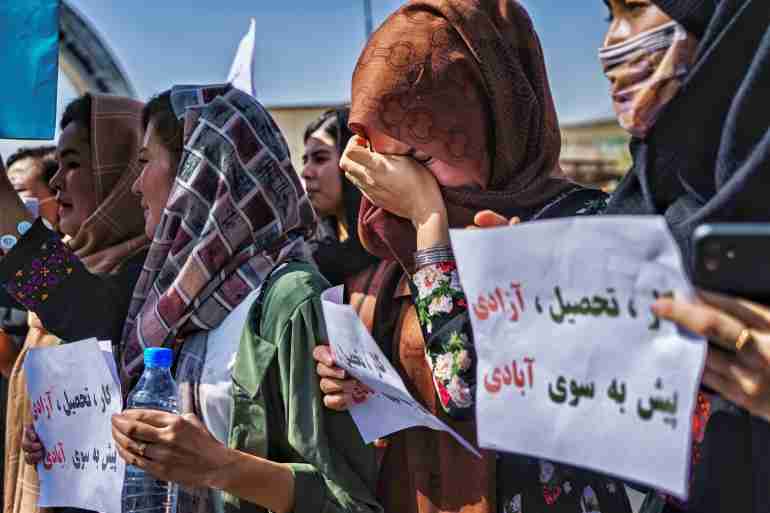
Under the new rule, if a woman did not cover her face outside the home, it could lead to her father or closest male relative being jailed for three days or being fired from their job.
“For all dignified Afghan women wearing hijab is necessary and the best hijab is chadori (a head-to-toe burqa), which is part of our tradition and is respectful,” a Taliban official said at a conference in Kabul, according to AP. “Those women who are not too old or young must cover their face, except the eyes.”
The statement added that without essential purpose for going outside, it was “better [women] stay at home.”
In March, the Taliban banned girls from going back to high school after promising all students would be able to return to school.
The Taliban justified the closure of secondary education by saying they must review school uniforms for girls.
The burqa mandate has drawn condemnation from human rights groups as “gender apartheid.”
“So much pain and grief for women of my country, my heart is exploding. So much hatred and anger against Taliban, enemies of women, enforcers of gender apartheid, enemies of Afghanistan and humanity,” Shaharzad Akhbar, the former head of the Afghanistan Independent Human Rights Commission tweeted.
The United Nations mission in Afghanistan said the mandate would make it challenging for the Taliban to be recognized internationally as the country’s legitimate government, the New York Times. The country is suffering from an economic crisis and widespread hunger.





